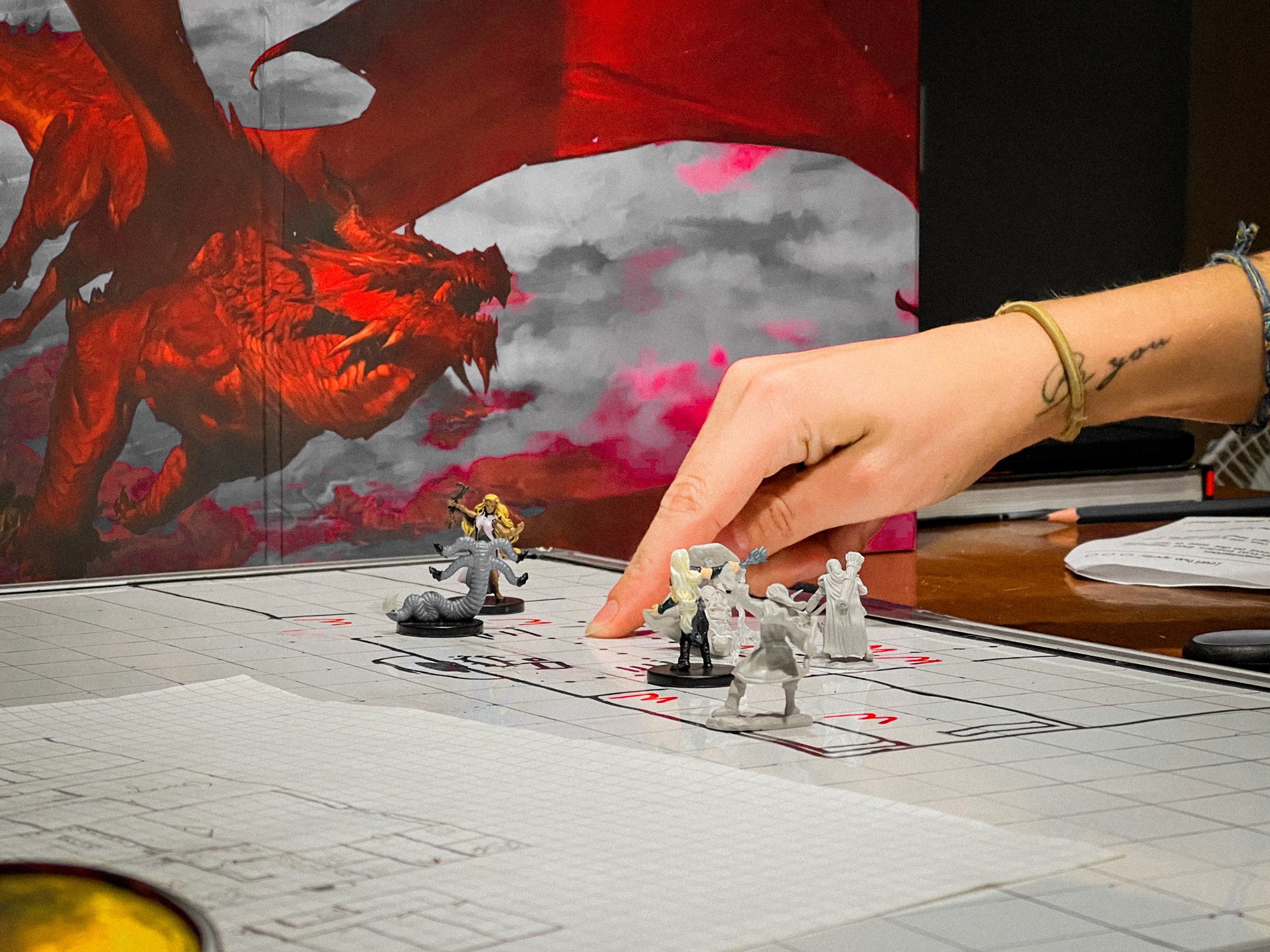Toymaker Hasbro (HAS 0.06%) recently announced a new partnership with Fortnite publisher Epic Games to produce new Fortnite-related products. These products will include a Fortnite edition of Monopoly arriving this fall and NERF Fortnite blasters, which will debut next year.
The move wasn't surprising -- Fortnite has been one of the most popular video games since its launch last year. In June, Epic reported that 125 milion people played the cooperative online shooter worldwide. Fortnite is ranked as the second most popular core PC title in the world after Riot Games' League of Legends, according to Newzoo.

Fortnite Monopoly. Image source: Hasbro.
This isn't Epic's first deal with a toymaker, however. Back in July, Funko (FNKO 3.17%) -- which makes most of its money from its Pop! vinyl bobbleheads -- partnered with Epic to create Fortnite bobbleheads, figurines, keychains, apparel, and other collectibles. At the time, Funko CEO Brian Mariotti called the lineup the "inaugural Fortnite product collection" which brought the game's characters "to life for the first time." Will Hasbro's new deal with Epic move the needle for the toymaker, or is it already late to the Fortnite party?
Why Hasbro needs Fortnite
To understand why Hasbro wants to launch Fortnite-themed NERF blasters and Monopoly, we should examine the sales growth at its core business units during the first half of the year.
|
Segment |
Revenue |
YOY change |
|---|---|---|
|
Franchise brands |
$868.2 million |
(13%) |
|
Partner brands |
$408.6 million |
(8%) |
|
Hasbro gaming |
$239.5 million |
(11%) |
|
Emerging brands |
$104.5 million |
(3%) |
|
Total |
$1.62 billion |
(11%) |
Revenue in the first six months of FY 2018. Source: Hasbro Q2 earnings report.
Several big factors caused those year-over-year declines. First and foremost, the liquidation of Toys "R" Us stores across the US and overseas markets flooded the market with excess toys and games.
Hasbro blamed its franchise revenue declines on softer demand for core franchise brands like Transformers, which faced a tough year-over-year comparison thanks to a movie launch in the prior year quarter. Stronger demand for Magic: The Gathering cards, Monopoly board games, and Baby Alive dolls couldn't offset those declines. Hasbro likely believes that sales of Fortnite Monopoly could help this lagging unit.

Fortnite. Image source: Epic Games.
As for its partner brands, Hasbro stated that strong sales of its Marvel and Beyblade products were offset by big declines in other brands. Fortnite NERF products could balance out the unit's growth.
Hasbro's gaming business saw sales growth in Dungeons & Dragons, Duel Master, Jenga, and Don't Step in It, but those gains were again offset by the weakness of its other properties. However, Hasbro's "total" gaming revenues -- which clump together the games at its franchise and gaming units -- posted a milder sales decline of 2% during the first six months.
Wall Street doesn't expect the situation to improve for Hasbro anytime soon -- analysts expect its revenue and earnings to fall 5% and 13%, respectively, this year.
But does Funko have a better idea?
Shares of Funko surged after it announced its deal with Epic Games, but Hasbro's stock only rose slightly on the news. That's because Hasbro is a much larger company, and its Fortnite-related revenues should account for a much lower percentage of its top line than Funko's Fortnite revenues.
However, Hasbro's Fortnite products also don't seem as original or exciting as Funko's. Monopoly and NERF are classic games, but it seems doubtful that the average Fortnite gamer will put down the video game to play a board game or run around with a NERF shooter. It seems far more likely that a gamer would buy Fortnite bobbleheads, collectibles, or clothing from Funko instead.






